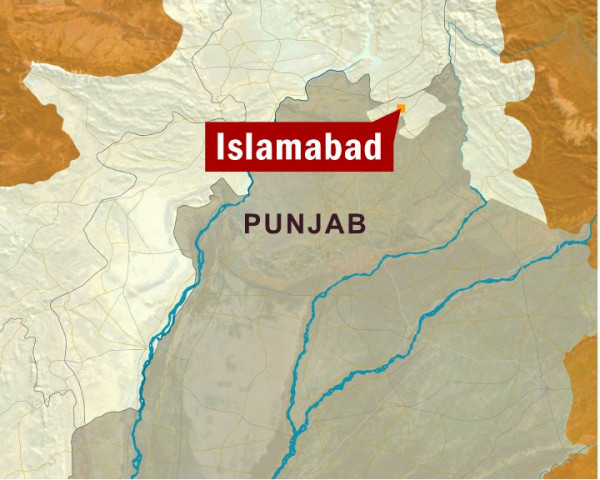Computerised rolls for next elections
Four districts, one from each province, will have computerised electoral rolls by end of next month.

Computerised rolls for next elections
Four districts, one from each province, will have computerised electoral rolls by end of next month as the Election Commission of Pakistan has geared up efforts to complete this pilot project before completely switching from manual to computerised electoral lists to be used at the next elections.
The ECP has selected Quetta from Balochistan province, Karachi East from Sindh, Swabi from Khyber-Pakhtunkhwa and Muzaffargarh from Punjab in its pilot project to prepare computerised electoral rolls.
The new electoral lists will have a unique identification number of every voter and their photo to minimise bogus voting during the elections. “We have received data from NADRA and it will take the ECP another 38 days to complete computerised electoral lists for these four districts,” an official of ECP told The Express Tribune.
The database provided by NADRA for preparation of new computerised electoral rolls will be used by the ECP whose staff will then verify this data by going door to door, the official added.
The ECP had started the multi-million-rupee project in collaboration with NADRA to prepare computerised electoral rolls, a prerequisite for holding fair polls in the country. The project was initially scheduled to be completed in December this year but it is likely to be delayed in the aftermath of recent devastation and displacement of population caused by the worst floods in the nation’s history.
The ECP has already sent a draft bill to the Ministry of Law, Justice and Parliamentary Affairs for legislation regarding the Computerised National Identity Card (CNIC) to be declared as a prerequisite for registration as voter.
To ensure accuracy of electoral rolls and fairness of elections, the ECP has proposed certain amendments in the Electoral Rolls Act, 1974 Section 6 (2) and the Representation of the People Act, 1976 Section 33 (1) and 33 (3) (a). Under the proposed provisions Section 6 (2) of the Electoral Rolls Act, a person shall not be entitled to be enrolled as a voter unless he possesses the CNIC issued to him under the National Database and Registration Authority (NADRA) Ordinance, 2000(VIII of 2000). Besides, the proposed amendments in the aforementioned sections of the Representation of the People Act, 1976 envisage that a person is bound to produce his CNIC at the time of casting his vote and failure to produce such CNIC would serve as a restriction to casting of his vote.
NADRA claims to have prepared the CNICs of more than 90 per cent of the eligible voters.
The registration of voters has been a contentious subject in the past and it was considered the most complicated part of the entire elections. The previous system of registration of voters was based on a manual system, which relied on a paper and pen. The government workers went to the town committee offices of all the cities and villages to enlist the names of voters, and this data was saved in ordinary paper sheets. This whole process took a long time and even after such a mammoth effort, this data was not considered secure or verifiable. There was no way of cross-checking whether a voter had already been registered or even belonged to the district he was being interviewed at. There was no way to check for duplication of data. Most of the people were listed at least twice or thrice, which resulted in a foul result. All these problems and complications ultimately resulted in loss of credibility of electoral rolls and democracy itself.
Published in The Express Tribune, September 5th, 2010.



















COMMENTS
Comments are moderated and generally will be posted if they are on-topic and not abusive.
For more information, please see our Comments FAQ